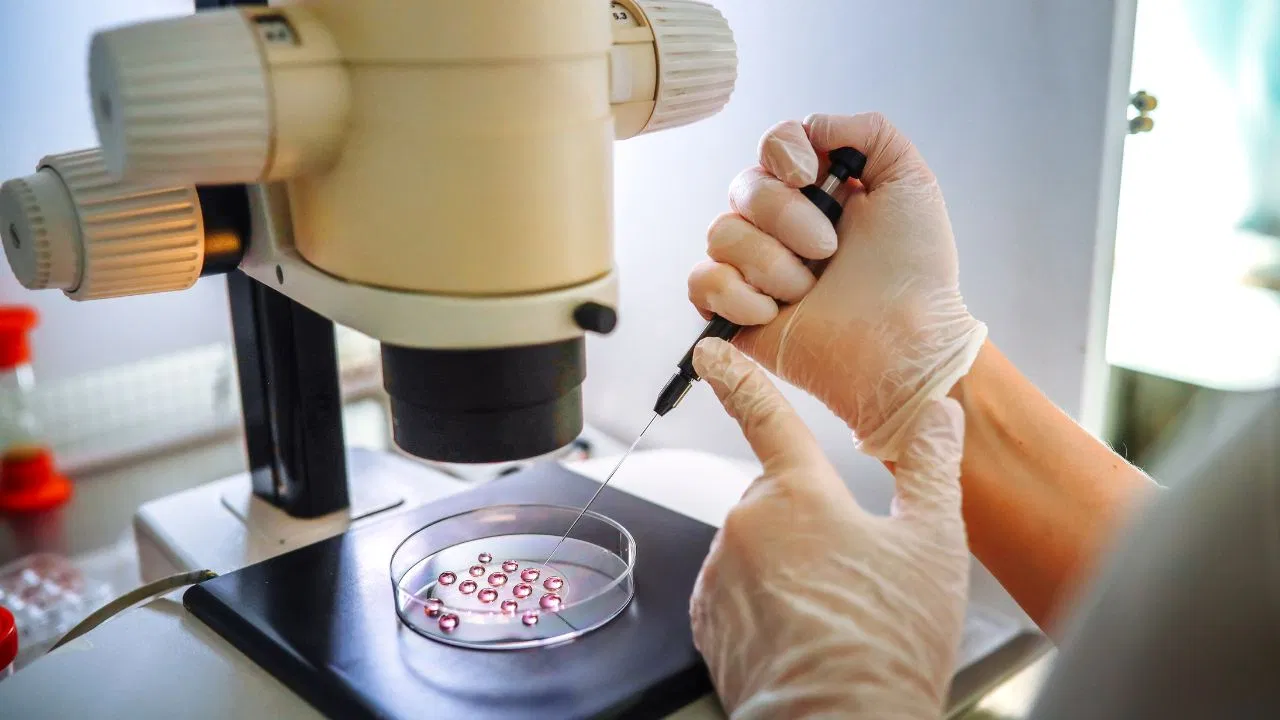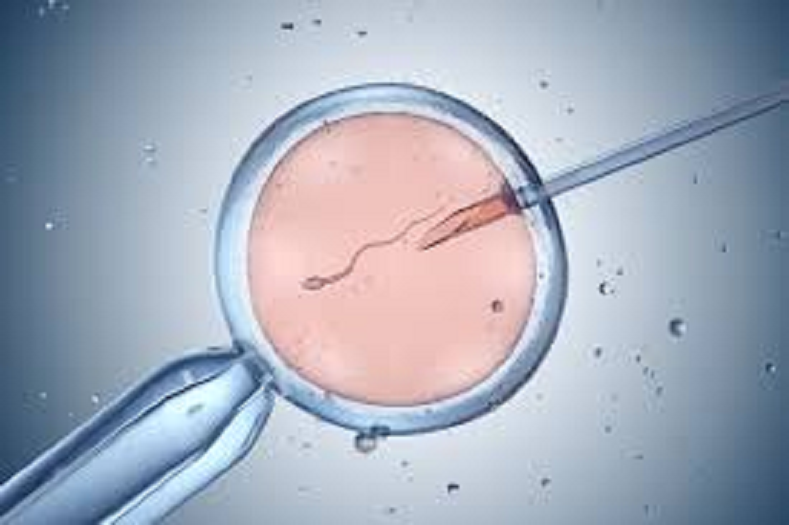World IVF Day 2025: What happens in the IVF process? How much benefit is there from donor eggs
- bySherya
- 25 Jul, 2025

Does premature menopause mean that you can never become a mother? Absolutely not. Medical science has now opened up avenues where there is still hope. Know the story of one such woman, who did not lose courage and fulfilled her dream of becoming a mother through donor eggs.

IVF after premature menopause: Premature menopause - the cessation of a woman's periods and fertility at a young age - is a serious but now treatable condition. When 29-year-old Priya (name changed) found out about this problem, her dream of becoming a mother seemed shattered, but IVF technology through donor eggs gave her hope again. With the right medical advice, emotional support, and determination, she gave birth to a healthy baby girl.
Priya (name changed) like every other woman, was also dreaming of becoming a mother in her life. After a few years of marriage, she took a step in this direction, but despite continuous efforts for three years, she did not conceive. When she consulted a doctor and got a complete checkup done, she was shocked to hear that she had become a victim of premature menopause and that too, at the age of just 29. Read further to know why this happened to Priya.
What is the role of donor eggs?
Priya, who was worried after this problem, was counseled by gynecologist Dr. Vaishali Sharma. She clearly told that now it is not possible for Priya to conceive with her own eggs, but there is still a possibility of becoming a mother with the help of donor egg (Donor Egg IVF). Dr. Vaishali not only gave medical information but also prepared Priya mentally throughout. She assured that many women have already become mothers successfully by undergoing IVF through donor egg.
What happens in the IVF process?
- IVF or in vitro fertilization is a technique in which a woman's egg and a man's sperm are mixed outside the body in a lab to form an embryo. When the embryo is ready, it is inserted into the woman's uterus so that it can develop there and pregnancy can begin.
- In the VF procedure, after transferring the embryo to the woman's uterus, the next step is to confirm the pregnancy. Usually a blood test (Beta hCG) is done 10 to 14 days after the transfer to find out whether the embryo has attached properly to the uterine wall and whether pregnancy has started or not.
- If the test is positive, the woman begins regular sonography and doctor monitoring to ensure that the baby is growing properly. Hormonal support medications are given in the initial weeks to keep the pregnancy strong. If everything goes well, the pregnancy progresses normally as in any natural pregnancy.
Medical science has raised expectations
If you or any woman you know is suffering from a problem like premature menopause, then do not fear. Medical science has advanced so much today that many options are open. Consult a qualified gynecologist and keep your hopes alive. Every woman has the right to motherhood and this dream should not remain unfulfilled now.






